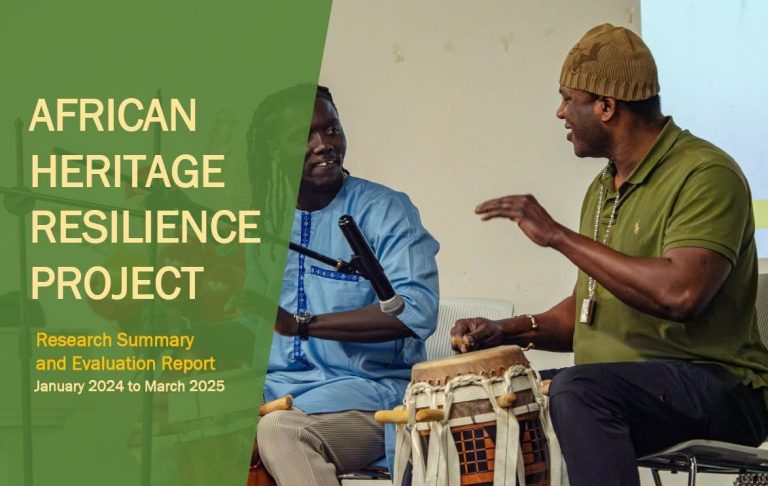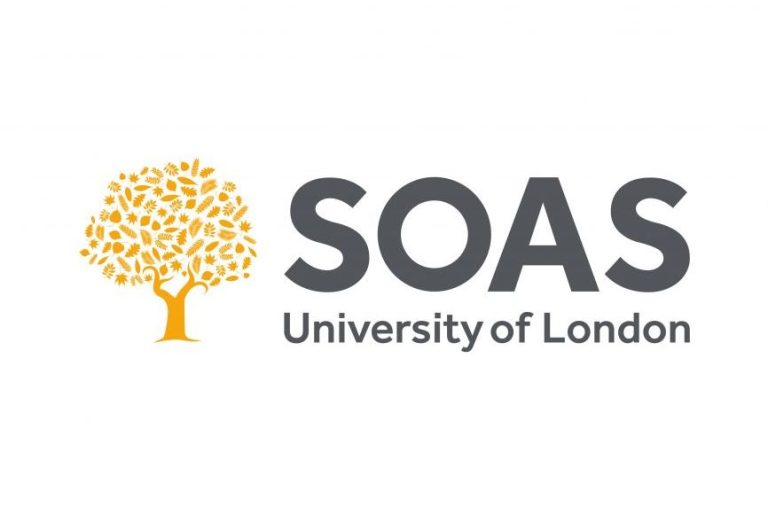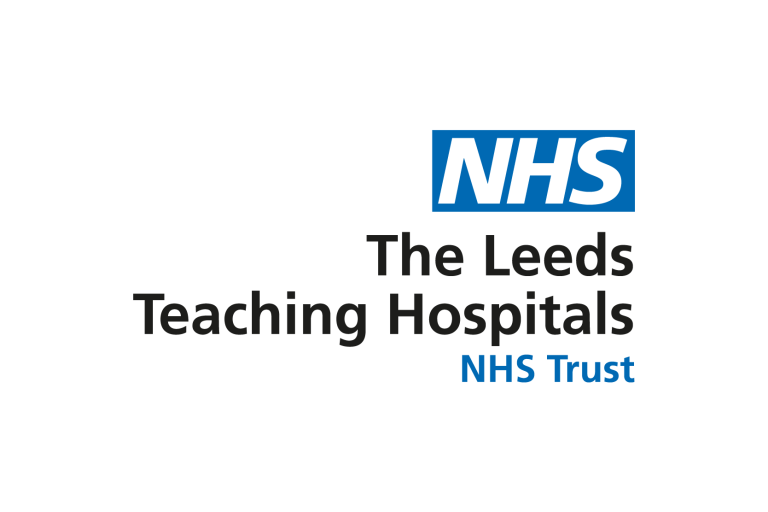Recent projects
Discover more about our extensive range of professional services. We constantly update this page, but if you still can’t find what you’re looking for, please feel free to get in touch with us – we will be more than happy to help.

African Heritage Collaboration in the Midlands
Commissioned by: The Highlife Centre
Research and Evaluation project that explored the feasibility of establishing an African Heritage Collaborative Network in the Midlands. Using a combination of qualitative (interviews, focus groups) and surveys, this research and evaluation enabled the discovery of common issues faced by businesses and individual practitioners across the Midlands.
The research explored options for developing a collaborative network to support business and surveyed members of the public to understand their needs for services from businesses with an African heritage focus.

Healthy Streets in London -Impact on Urban Health
Commissioned by: Lambeth Council
We delivered a community peer research project on healthy streets and local air quality across the London Boroughs of Southwark and Lambeth, commissioned by Impact on Urban Health. The work involved collaborating with residents living in areas where Southwark Council had introduced temporary measures to restrict motor vehicle access on certain streets. We engaged a diverse group of local people, providing training in core research techniques, community engagement, safeguarding, and more. These peer researchers gathered insights using various visual methods and reported their findings regularly to our team. We also carried out an evaluation of the project to capture learning, highlight good practice in peer research, and identify challenges encountered. The findings helped Southwark Council adopt new approaches to research and engage local communities more effectively in decision-making.

SOAS - protests and cohesion
Commissioned by: School of African and Oriental Studies (SOAS)
SOAS commissioned this research to better understand the dynamics between different student populations and between staff and students. The aim was to explore where tensions or misunderstandings might occur, while identifying opportunities to build stronger, more inclusive connections across the university community. Using qualitative interviews, focus groups, and participatory workshops, we ensured a wide range of voices and perspectives were heard. Our evaluation, through thematic analysis, uncovered key patterns, shared experiences, and positive examples of relationships already thriving.
The findings offered a strong evidence base with clear recommendations for fostering a more cohesive and respectful environment. Outcomes included co-created strategies to improve communication, enhance cultural awareness, and encourage cross-cultural interactions. These insights have informed policy changes, shaped staff training, and inspired new initiatives that celebrate diversity and strengthen community bonds. By taking a solution-focused approach, the research highlighted both areas for growth and the resilience already present at SOAS, helping to pave the way for a more connected and harmonious campus culture.

The Leeds Way
Commissioned by: Leeds Teaching Hospitals NHS Trust
Co-creating the Leeds Way was a transformational project for Leeds Teaching Hospitals NHS Trust, engaging staff at every level to shape a shared vision and values. The aim was to create a strong, positive culture that could inspire and sustain high performance. Using online message boards, staff surveys, and focus groups, we adopted a crowdsourced qualitative analysis approach to capture a wide range of insights from across the workforce.
Staff worked collaboratively to define the core principles and behaviours that became “The Leeds Way.” Our analysis highlighted what mattered most to staff and generated practical ideas for improving teamwork, communication, and patient care. The findings informed clear actions to embed the Leeds Way into daily practice, from leadership behaviours to frontline service delivery. Staff reported feeling more valued, connected to the trust’s mission, and motivated to contribute to shared goals. This process strengthened the organisation’s culture and provided a sustainable framework for continuous improvement.
